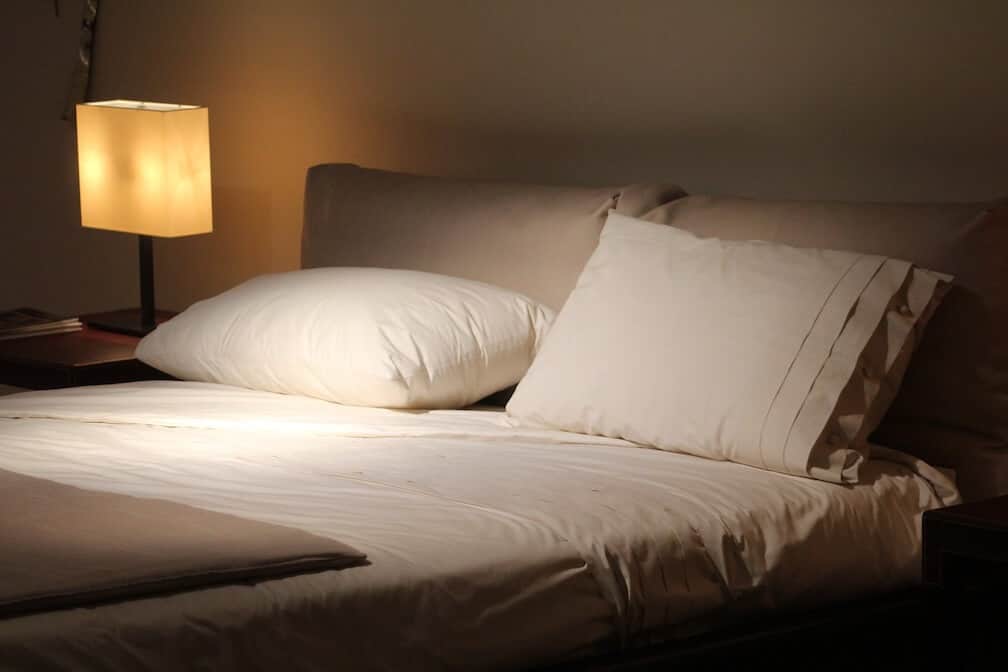Where to Look for Bed Bugs in a Home
Though there are many types of homes, all homes share similar characteristics and similar locations that bed bugs target. Some of these locations can also be found in businesses, they are by no means exclusive to homes. If you run or manage a day care, retirement community, college dormitory, apartment complex, or some other business that has beds, these may apply to you.
Beds
If you've already searched your bed, you may want to search it again. Inspect the seams for tiny white eggs, black residue, insect casings and dried, brown blood staining. You'll also need to use a flashlight to check your backboard, box spring seams, box spring bottom, and every nook and cranny of your bed. Since a bed is the ideal place for these pests to live, it is important to check it thoroughly–not just for bugs, but also for the signs they leave behind.
Baseboards and Carpets
Once your bed is checked, it is time to check the bedroom. There are many places bed bugs can hide in a bedroom. You'll want to do an inspection of your baseboards and carpet edges. Look for black droppings, black streaks, insect skins, blood stains, or the bugs themselves. Bed bugs can be tiny, tan, and translucent insects, or apple seed-sized, flat, oval insects with a rust coloring. You may have noticed that we mentioned insect twice. This is because some bugs, like ticks, start off with some insect properties, such as six legs, but develop into a bug that has non-insect characteristics (eight legs). In all stages of development, bed bugs have six legs, two antennae, and three body parts.
Electronics
If you have an alarm clock next to your bed, you may want to check it closely for black streaks. Bed bugs can climb inside electronics. They'll make their home in alarm clocks, wall clocks, computers, stereos, televisions, fixtures, and even power outlets.
Upholstered Furniture
Once you're done searching your bedrooms, it may be time to check the living room. Bed bugs don't require a sleeping food source. They can feed on a fully awake human. This can lead them to establish themselves in a couch or chair. Look closely in seams and stitching for black residue, blood stains, and insect parts stuck to these items.
Luggage and Bags
Since we often get bed bugs when we travel, these are likely locations to find bed bugs. Look in creases and seams for evidence of these bugs.
Behind Wallpaper and Wall Hangings
Wallpaper can sometimes peel. These areas where the glue has come away from the wall can give bed bugs a place to hide. They may also hide behind paintings, pictures, and other items hung on your wall.
Where To Look For Bed Bugs In A Business
Some of the places listed above can be found in many types of businesses. Be sure to read that section to see if you have any of those target areas. Here are a few spots bed bugs will hide that aren't listed above.
Seat Cushions
Bed bugs have been found infesting several forms of public transportation. They often establish themselves in cushions found in dark places, like a movie theater seat or the back seat of a taxi cab. Search these items closely with a flashlight to find black streaks, black residue, black droppings, blood stains, insect casings, or tiny tan to rust-colored insects.
Books
Libraries have recently come under fire from bed bugs. This is likely because many people leave books on their nightstand between readings. Its close location makes it susceptible to infestation, especially hardback books that have recesses for eggs to be deposited.
Molding
Bed bugs can make their home in door and window molding, as well as molding between walls and ceilings. These bugs will take advantage of any nook or cranny.


